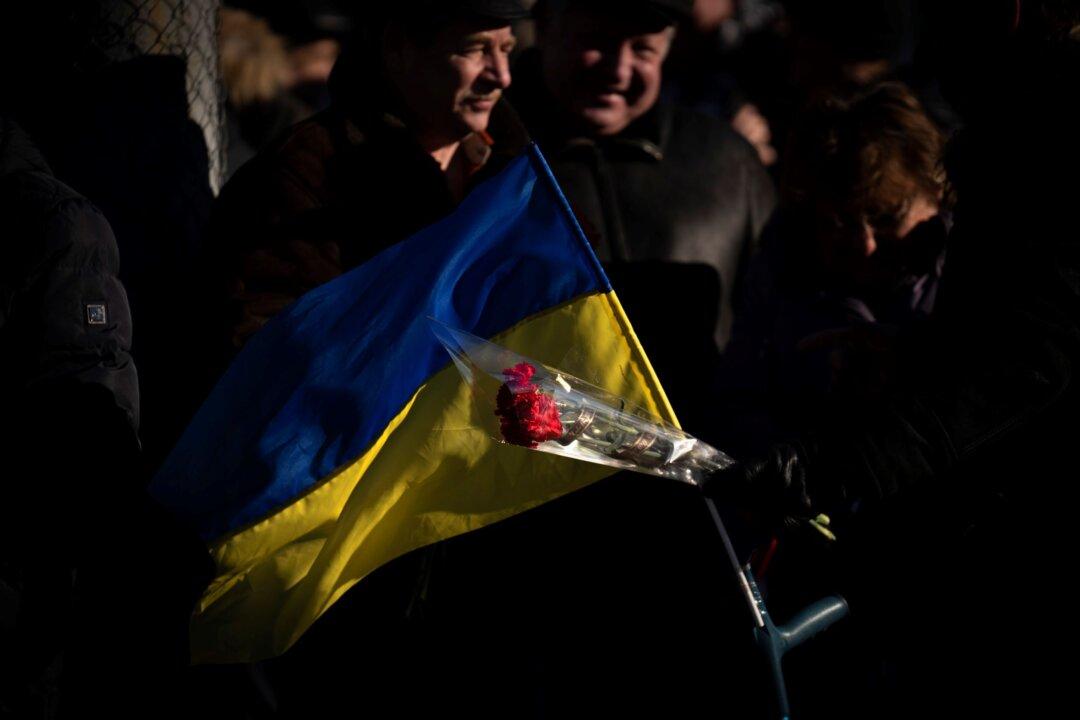KYIV, Ukraine—A series of cyberattacks on Tuesday knocked the websites of the Ukrainian army, the defense ministry and major banks offline, Ukrainian authorities said.
Still, there was no indication the relatively low-level, distributed-denial-of-service attacks might be a smokescreen for more serious and damaging cyber mischief.





